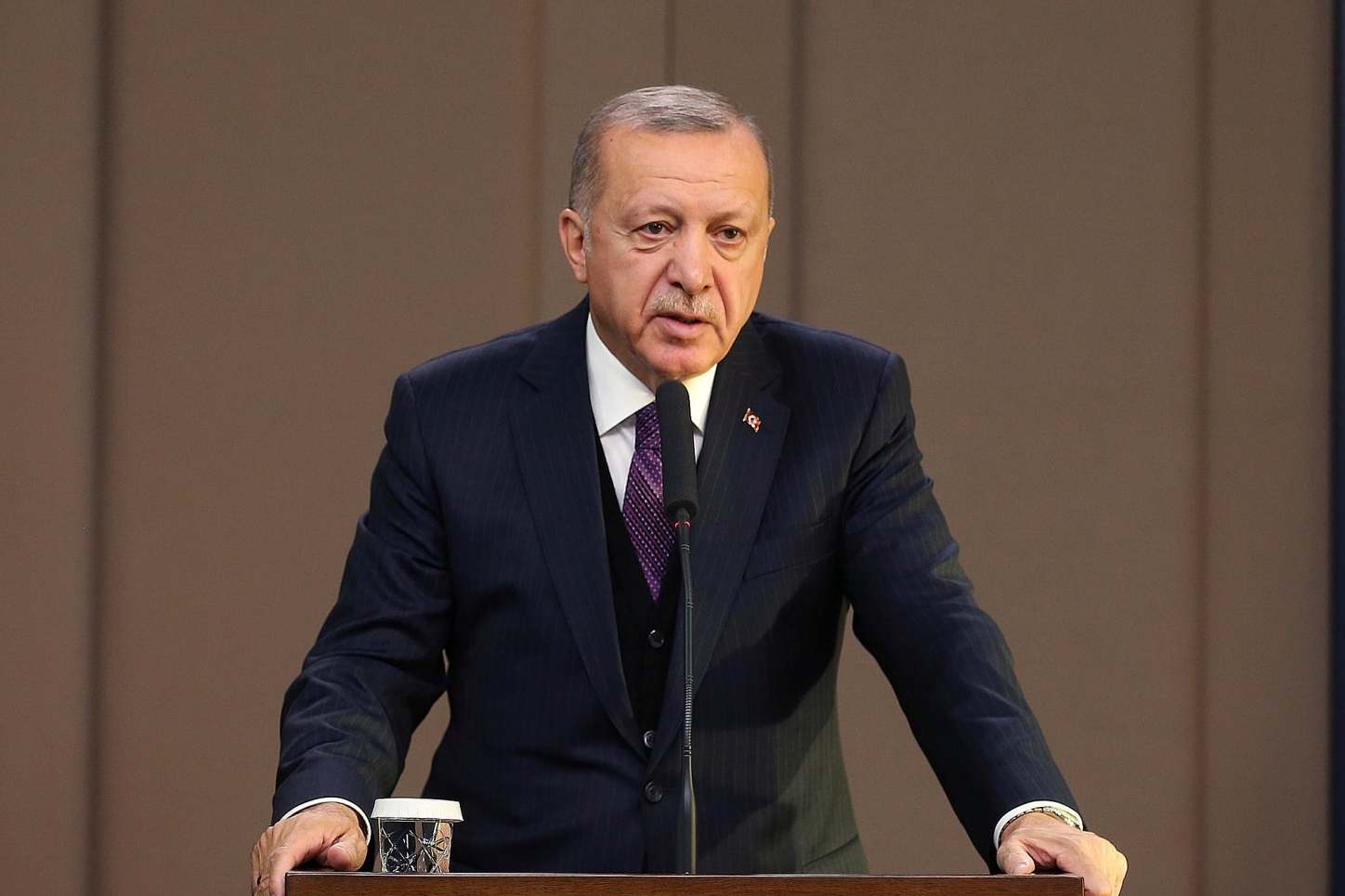Turkey threatens to veto Nato plans unless the Syria Kurd militia is labelled ‘a threat’
Officials fear Nato summit will turn into another debacle like defence ministers’ gathering in October

Your support helps us to tell the story
From reproductive rights to climate change to Big Tech, The Independent is on the ground when the story is developing. Whether it's investigating the financials of Elon Musk's pro-Trump PAC or producing our latest documentary, 'The A Word', which shines a light on the American women fighting for reproductive rights, we know how important it is to parse out the facts from the messaging.
At such a critical moment in US history, we need reporters on the ground. Your donation allows us to keep sending journalists to speak to both sides of the story.
The Independent is trusted by Americans across the entire political spectrum. And unlike many other quality news outlets, we choose not to lock Americans out of our reporting and analysis with paywalls. We believe quality journalism should be available to everyone, paid for by those who can afford it.
Your support makes all the difference.Turkey’s President Recep Tayyip Erdogan on Tuesday threatened to scuttle Nato plans to bolster security along its eastern flank unless the military alliance endorses its description of a Syrian Kurdish armed group as a “threat”.
Speaking to reporters before heading to London for a summit of Nato leaders, Mr Erdogan warned his country would continue to veto plans to help Poland and the Baltic states of Lithuania, Latvia, and Estonia to defend against Russian encroachments unless the alliance would endorse its stance that the People’s Protection Units (YPG), the Syrian offshoot of the outlawed Kurdistan Workers’ Party (PKK), is a terrorist threat.
“It is inescapable for Nato to renew itself according to current threats,” Mr Erdogan said, according to the official Anadolu news agency.
The matter nearly upended a summit of Nato defence ministers in late October, with US defence secretary Mark Esper and German and French officials butting heads against Turkish defence minister Hulusi Akar, who refused to budge on the matter, citing tweets by US President Donald Trump that likened the Kurdish militants to Isis.
Mr Erdogan suggested no breakthrough had come about over the issue.
“If this comes up then our stance will be the same,” he said. “Nothing will be changed.”
Nato’s secretary-general, Jens Stoltenberg, said that it was “well known” that the alliance had a an issue on how to designate the YPG, adding that he was working to resolve the dispute with Turkey.
“It is not like Nato doesn’t have a plan to defend the Baltic countries,” he told reporters.
Turkey launched an operation against the Kurdish-led militia in the group's northeast Syria self-rule area on 9 October, ending it after deals brokered by Russia and the US in the ensuing weeks. The offensive, which prompted sanctions on Turkey by US and European countries, strained relations between Ankara and the rest of Nato.

US and European officials have refused to designate the YPG as a threat. The group served as an ally during the years-long battle against Isis. But Ankara sees the YPG as a major threat to its territorial integrity. It has fought the group’s Turkish cousin, the PKK for decades.
Nato officials are still recovering from the trauma of the last meeting of defence ministers in October.
During that gathering, European officials were furious with Turkey, which insisted on holding up support for plans to defend the bloc’s flank from Russia until officials came up with a stronger stance against the YPG
Mr Esper was “livid” as he tried to cajole the Turks into endorsing the bolstering of Nato’s eastern flank and to scale back its operations in Syria only to be told by his Turkish counterpart Mr Akar that the word of the White House was more powerful than that of the Pentagon.
“It was surreal,” a Western diplomat, who asked to remain unnamed, told The Independent.
“The Turks are literally in a position of strength only because the Americans’ weakness is Trump, and the Turks have constantly been working on Trump. The Turkish defence minister kept smiling and saying Trump is our biggest supporter and our biggest asset. The Turkish defence minister quoted Trump’s tweets saying PKK is worse than Isis.”
Meanwhile officials from the Baltic states and Poland are worried that the imbroglio over the YPG would hold up their defence plans, urging Germany and France to sign on to the Turkish language.
“The eastern allies are prepared to agree to anything because Isis and the PKK is not their problem,” said the official.
The official said the UK was “completely lost”, absorbed in the Brexit shambles, which has caused an incoherent foreign policy.
“Their whole diplomatic capacity is sterilised, even while they have special forces on the ground in Syria,” said the official. “They do nothing. They’re silent.”
Join our commenting forum
Join thought-provoking conversations, follow other Independent readers and see their replies
Comments